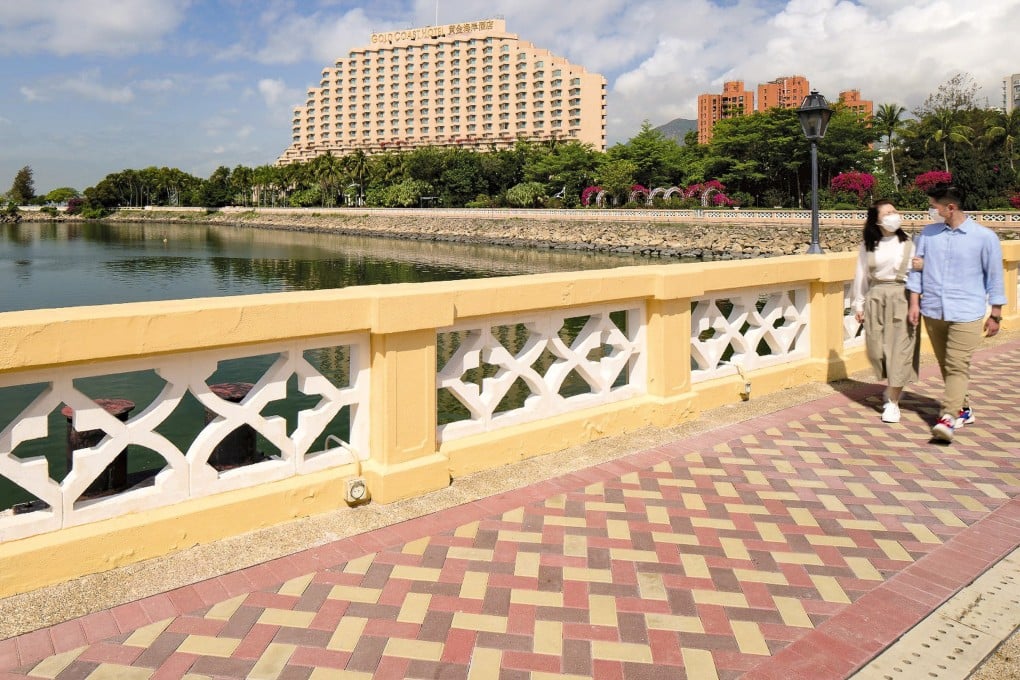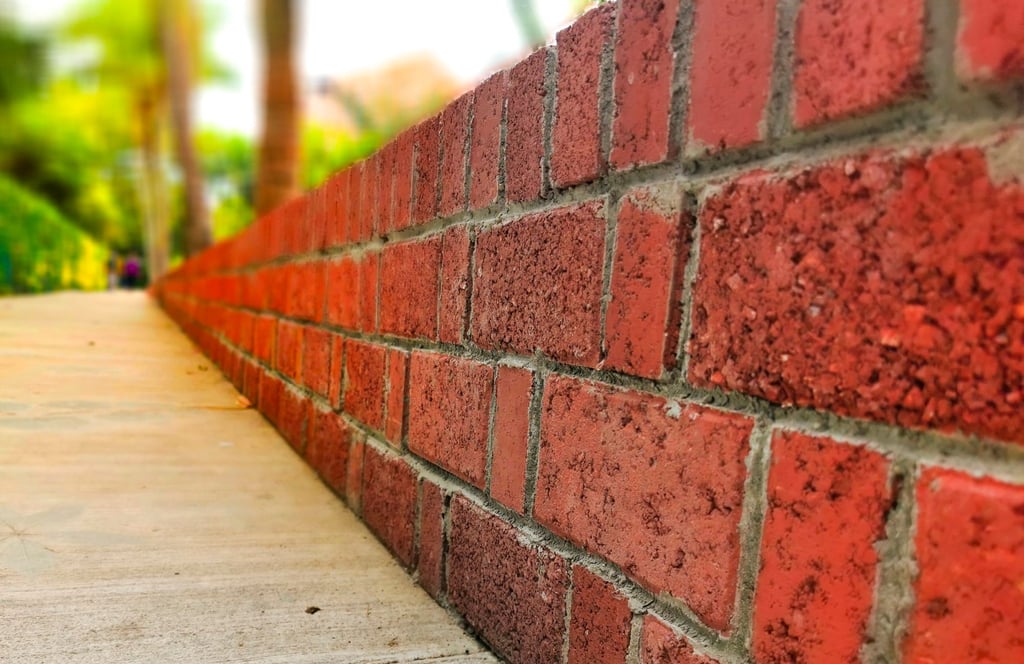Advertisement
Hong Kong start-up EcoBricks, backed by Sino Group, upcycles ‘problem plastic’ to reduce landfill use and carbon emissions
- The company claims its process releases no harmful emissions while diverting ‘problem plastic’ from landfills to help tackle Hong Kong’s waste problem
- Sino Group used 15,000 bricks made using the plastic from 560 old washing machines to pave Gold Coast Piazza in Tuen Mun
Reading Time:2 minutes
Why you can trust SCMP

Hong Kong-based start-up EcoBricks has developed a process to upcycle plastic waste from old washing machines into construction material, reducing carbon emissions and helping tackle Hong Kong’s plastic waste problem by making use of plastic otherwise bound for landfills.
The Sino Group-backed company has developed a sustainable process to upcycle unrecyclable plastic waste and use it as an ingredient in paving bricks, according to founder Shervin Sharghy.
“It’s not just about producing a brick that’s more sustainable, or has lower carbon, it’s about helping to find a solution to the plastic waste,” Sharghy said.
Advertisement
EcoBricks makes use of “problem plastics”, the composite, hybrid plastics that even waste recyclers have to put into landfills. “If you think about a television or a fridge or a washing machine, there’s a lot of plastic in there,” he says. “That was a very natural place for us to look.”

Likewise, paving bricks were a natural end product. “There’s a lot of demand for paving bricks in Hong Kong, especially given the scale of development that is constantly going on here,” Sharghy said.
Advertisement
Advertisement
Select Voice
Select Speed
1.00x